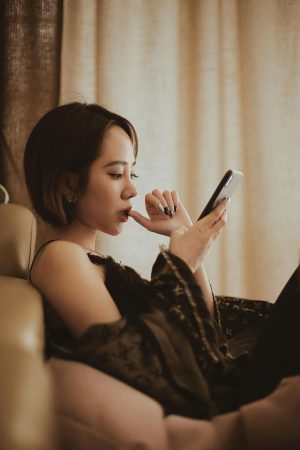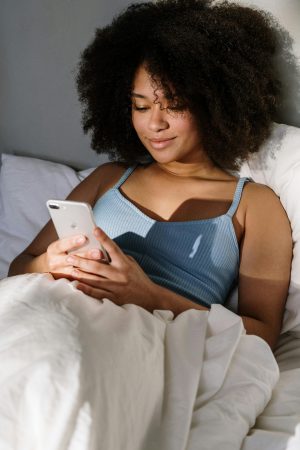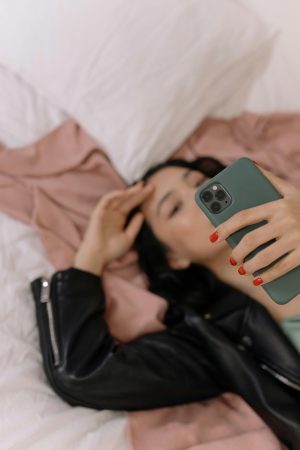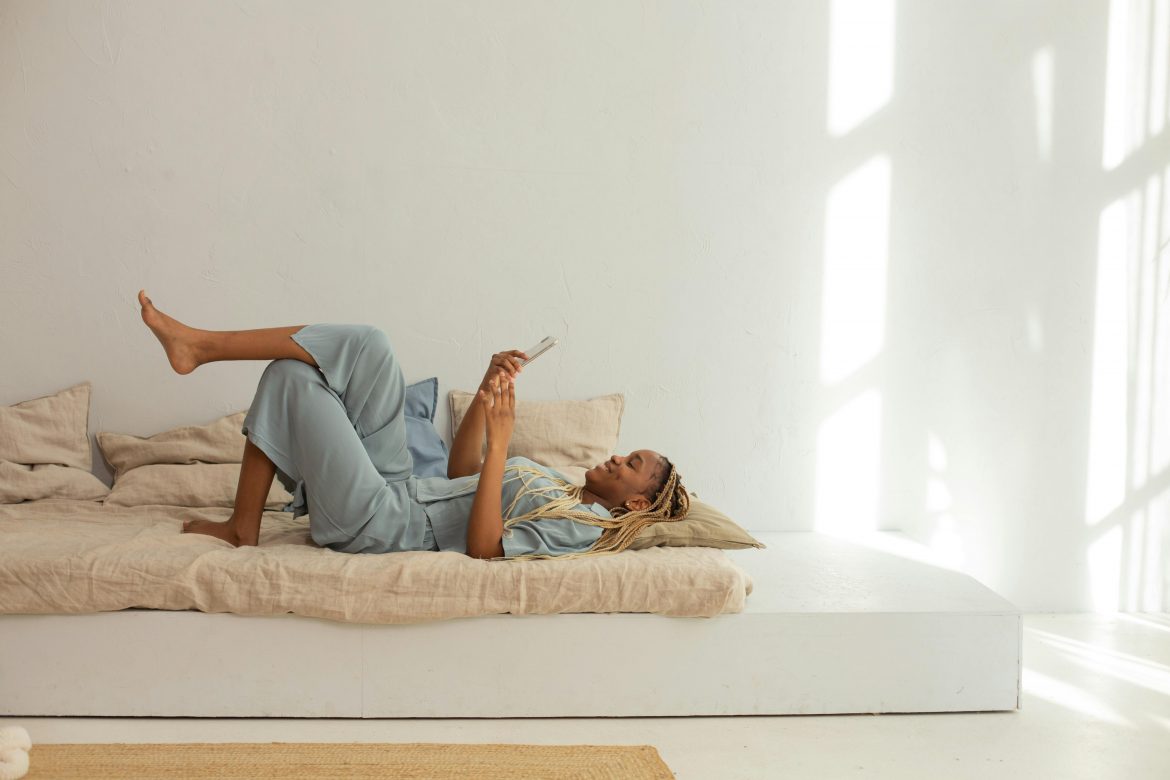Ever tossed and turned after scrolling through endless memes right before bed? You might blame the villain of the digital age: blue light. But is the light emanating from your devices truly affecting your sleep, or is it more myth than menace?
Let’s find out.

Pexels
ALSO SEE: What is sleep hygiene and how can it help you get a great night’s sleep?
Your internal clock and blue light
Our bodies have a natural internal clock called the circadian rhythm, influenced by light exposure. Sunlight, packed with blue light, wakes us up in the morning. This light suppresses melatonin, a hormone that makes us drowsy. At night, darkness prompts melatonin production, lulling us into dreamland.
Here’s where things get interesting.
Electronic devices – phones, laptops, tablets – also emit blue light. The concern is that evening exposure to this artificial blue light disrupts our natural melatonin production, making it harder to fall asleep and stay asleep.

Pexels
Does this light really mess up your sleep then?
Researchers are starting to paint a more nuanced picture. Recent studies suggest the impact of the light from devices might be weaker than originally thought.
While the science on blue light’s exact sleep-wrecking effects is still evolving, getting a good night’s rest probably isn’t helped by late-night screen binges.

Pexels
How to reduce blue light for a good night’s sleep
- Power down before bedtime: Give your brain a break from the stimulating blue light by turning off electronics at least an hour before sleep.
- Embrace the night-time glow: Opt for warm-toned lights in the evening to create a sleep-conducive environment.
- Let the sunshine in: Get some natural morning light exposure to regulate your circadian rhythm.
- Chill out for sleep: Relaxation techniques like deep breathing or meditation can ease your mind and body into sleep mode.
ALSO SEE:
Featured Image: Pexels

